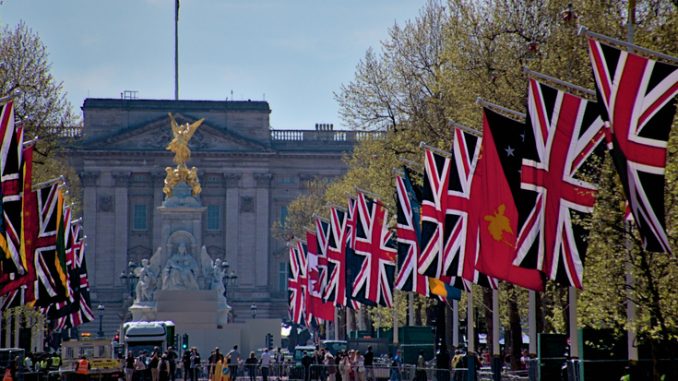As reported by The Standard, searches for “enlarged prostate” skyrocketed on the NHS website after the King shares his diagnosis, prompting a significant increase in visits and potential awareness of symptoms among men
It is understood Charles, 75, was keen to share his diagnosis, in order to encourage other men who may be experiencing symptoms to get checked in line with health advice.
One in every three men over the age of 50 will have symptoms of an enlarged prostate including needing to visit the toilet more frequently, with more urgency and have difficulty emptying their bladder.
Buckingham Palace said Charles’s condition was benign and he would be having a “corrective procedure”.
Ian Eardley, consultant urological surgeon in Leeds and national clinical director for NHS England, told the PA news agency on Wednesday that the condition becomes more common with age and will affect up to four in five men aged 75.
“It’s very, very common, at that age you would expect upwards of 70% to 80% of men to have an enlarged prostate,” he said.
“About half of them will have symptoms, and broadly speaking about half of them will become bothered to some extent by those symptoms.
“To some extent it is an inevitable part of ageing for just about all men.”
Asked about whether the announcement would lead to more people seeking help, Mr Eardley said: “The nature of these things if it becomes public knowledge it will lead to more men seeking help. That’s a good thing.”
He said that prostate problems have traditionally had a “perception of being something you don’t want to talk about” and “actually to be able to talk about it is a good thing, not least because the whole stack of things that we can do”.
“The majority of men do not need an operation.
“The majority men just need to be checked out and they will often have their symptoms improved considerably by taking one pill or two pills, something that a GP can manage quite straightforwardly,” he added.
Prostate Cancer UK specialist nurse Meg Burgess told PA: “As the prostate gets bigger it can cause problems with emptying the bladder – if the prostate gets bigger it can squeeze on the urethra, the water pipe, and that can cause some urinary symptoms.
“It is a benign condition, so its a non-cancerous condition.”
Ms Burgess said not all men with the condition will have surgery, adding: “It really depends on how much bother the symptoms are causing as to what the treatments might be.
“In the first instance it might just be some lifestyle changes, looking at what you’re drinking, how much you’re drinking.
“If the symptoms are causing more bother there are some medications that can be really helpful in treating symptoms, so for many men tablets will be enough to alleviate symptoms.
“But if medication isn’t helpful there are a number of different surgical options that can help to reduce the symptoms and improve bladder emptying.”
She said the most common surgical option is something called a transurethral resection of the prostate (turp), a surgical procedure that involves cutting away a section of the prostate.
Around 15,000 prostate resection procedures are carried out each year in England and Wales.
She said any men who are having urinary problems or are worried about their risk of prostate cancer, which usually does not have any symptoms, should get in contact with their GP.
Chiara de Biase, director of support and influencing at Prostate Cancer UK, said: “We’re thankful to the King for sharing that he is to be treated in hospital next week for an enlarged prostate.
“Raising awareness of prostate health is very important and already we are seeing that compared to the same 24-hour period last week, the number of people completing Prostate Cancer UK’s online risk checker is up by over 97 per cent – increasing from 3,280 to 6,478.”



Be the first to comment